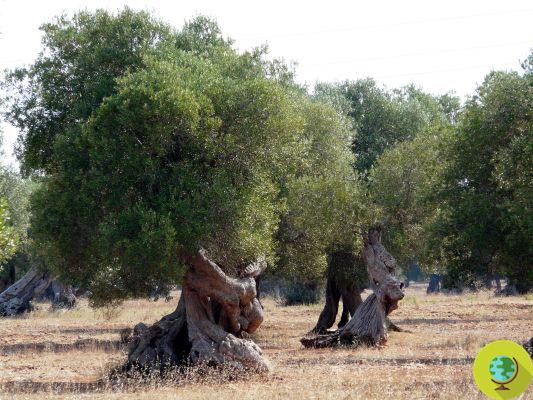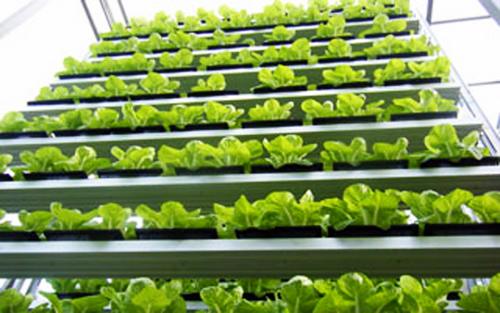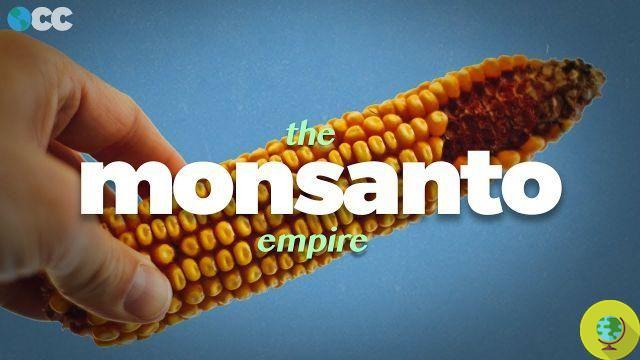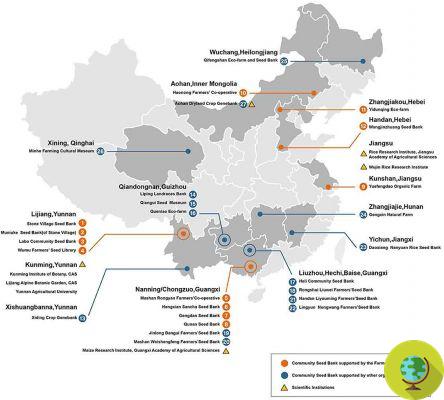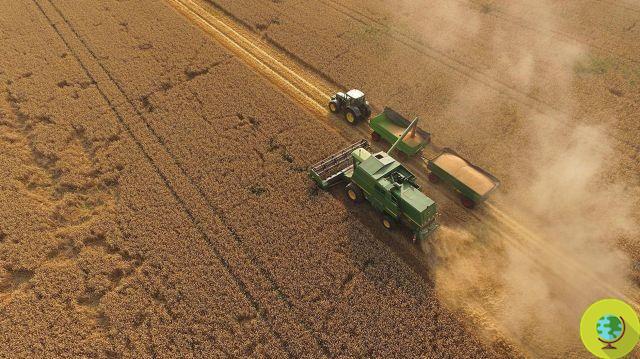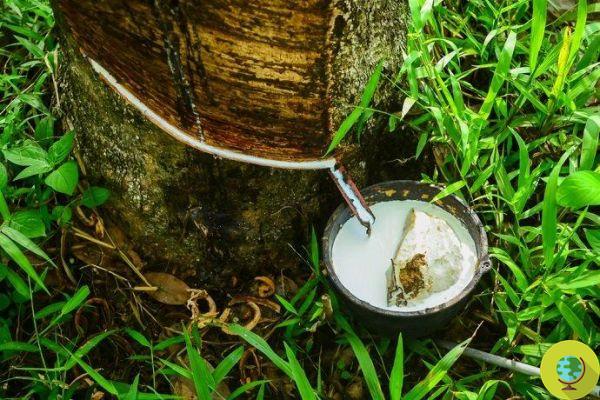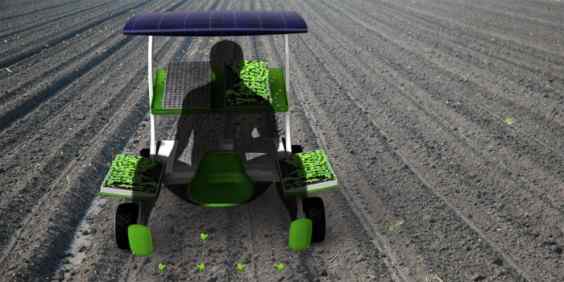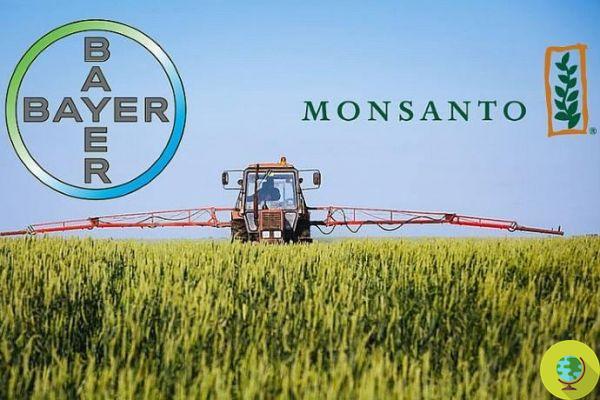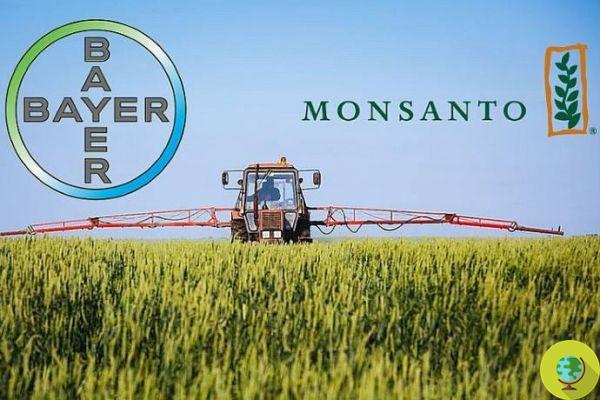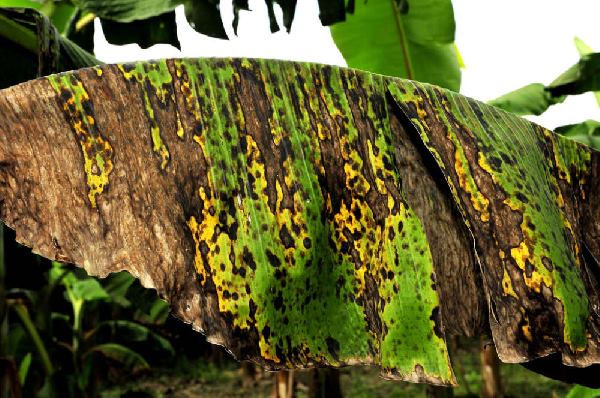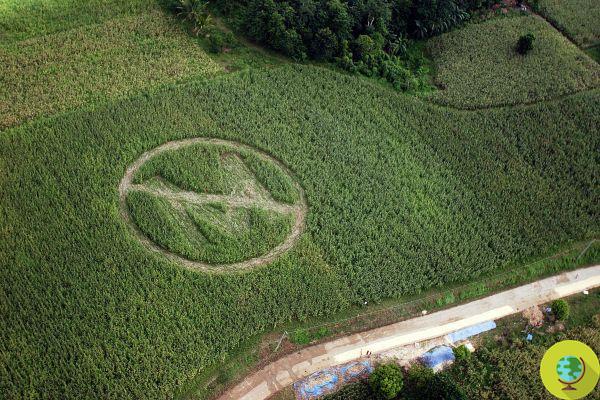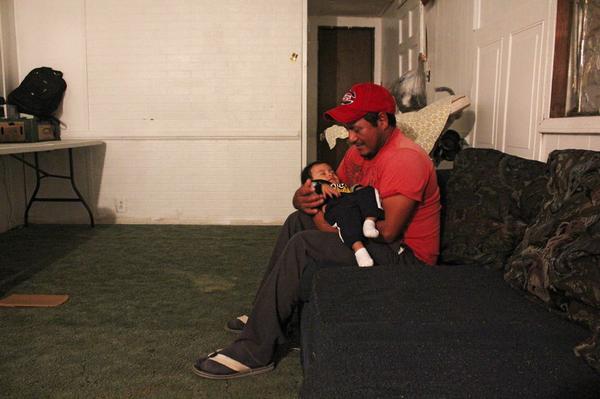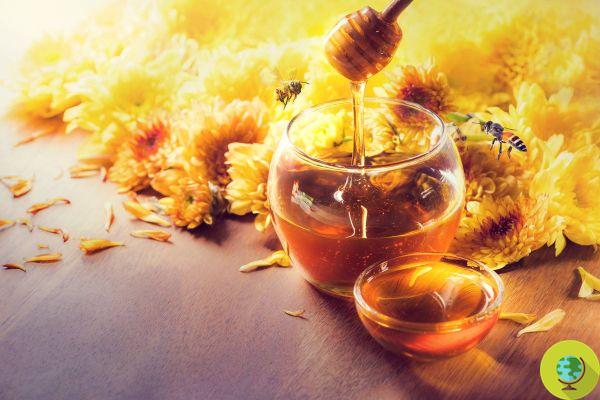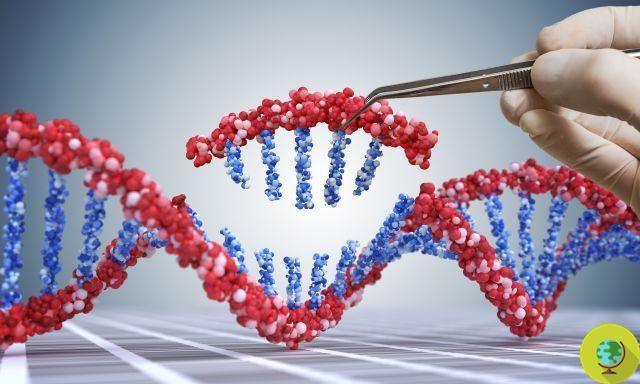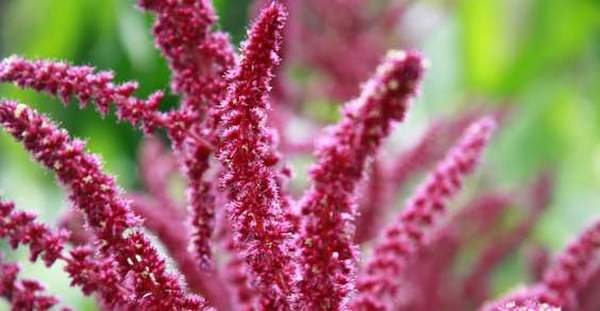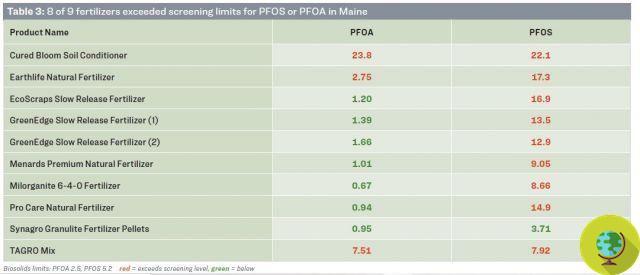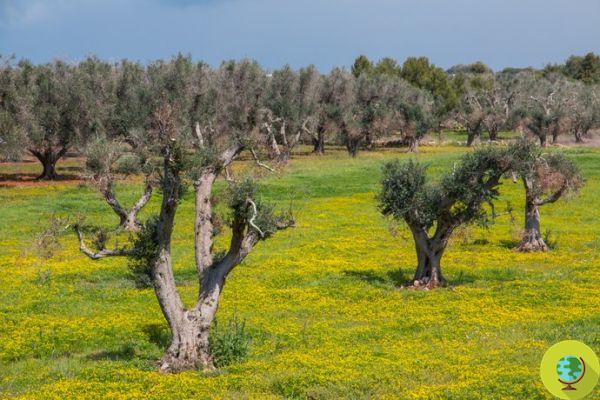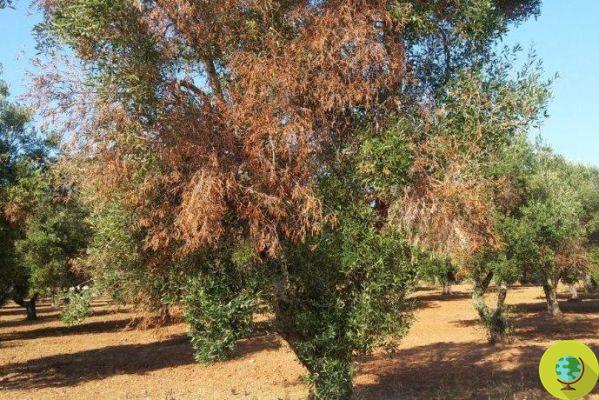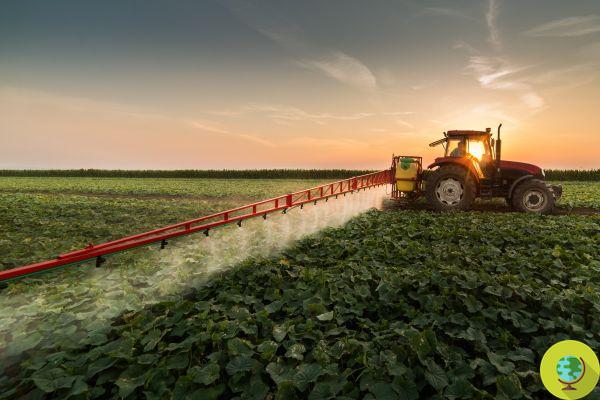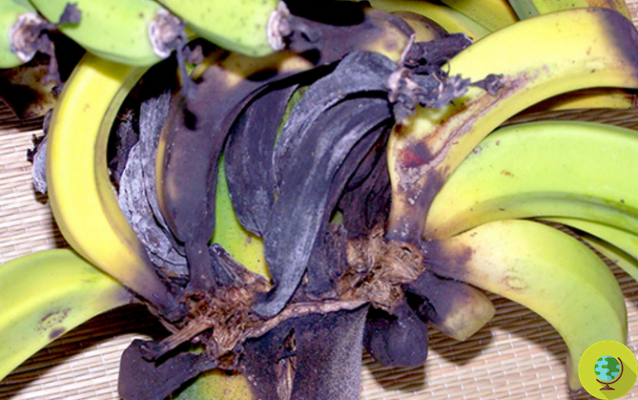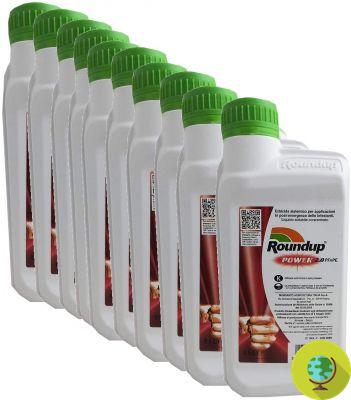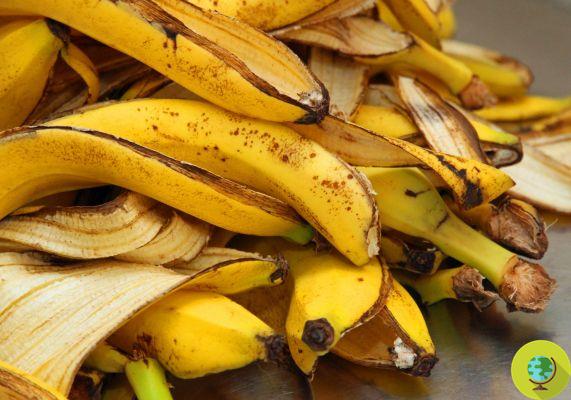
Producing plastic with a completely new, ecological and sustainable method thanks to bananas. This, in summary, is the project that some researchers of the University of Belfast are working on thanks to funds from the European Union
He is about to end up run over, his mother saves him
Produce the plastic with a complete method new, ecological e sustainable thanks to bananas. This, in summary, is the project that some researchers of the University of Belfast are working on thanks to funds from the European Union.
In fact, according to what was reported by the scientific journal Molecularlab.com, the innovative research is part of the BADANA project ("Development of an automated process to extract fibers from the waste of banana food production for exploitation as a sustainable reinforcement in injection - and rotomoulded products "), Funded by the European Union with reference to the theme" Research in favor of SMEs "of the Seventh Framework Program (FP7).
The project, launched in July 2009 and lasting two years, received funding in the amount of 1 million euro. The Polymer Processing Research Center of Queen's University in Belfast participates in the project. Researchers are working on fine-tuning new procedures for incorporating by-products from the Canary Islands in the production of plastic objects by rotational molding, a process generally used for the production of hollow objects for domestic use. “Almost 20% of the bananas consumed in Europe come from the Canary Islands. On the island of Gran Canaria alone, for example, around 10 million banana trees grow every year, ”he explained Mark Kearns, manager of rotational molding at the Polymer Processing Research Centre. “Once the fruit has been harvested, the rest of the plants end up in the waste,” she added. It is calculated, in fact, that every year, after the waste collection, approx 25000 tons of banana trees are thrown in the trash. Thanks to European contributions, therefore, it would be intended to use these discarded plants for the production of plastic objects with a sustainable production process that can bring benefits to the environment but also to companies, starting with those that grow and market bananas. ."The project TESTED“Confirmed Dr. Kearns,“ aims to find practical use for these plants. The natural fibers contained within them could be exploited for the production by rotational molding of plastic materials used to create everyday objects, such as petrol cans, wheeled bins for waste collection, water parks, road cones, dolls in plastics and numerous types of boats "
“The fibers of the banana tree will be processed and treated and then added to a mixture of plastics and sandwiched between two thick layers of pure plastic able to guarantee excellent structural properties, ”continued Kearns. Not only companies will benefit from this innovation, but also the environment. Dr. Kearns explained that thanks to this cutting-edge technique it will come significantly reduced the amount of polyethylene used in rotational molding.
Furthermore, the technique developed by the BADANA project, which has seen the collaboration of researchers from Spain, Hungary and Bulgaria as well as the United Kingdom, will contribute to increase the profit margins of plantation owners that will soon be able to sell the millions of plants that would normally be thrown away after harvest, also increasing the supply of "green jobs“In the Canary Islands.
The banana, therefore, will no longer be only the "fruit of love" but also that of the green economy.
Andrea Marchetti




